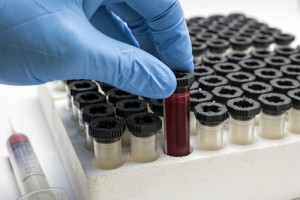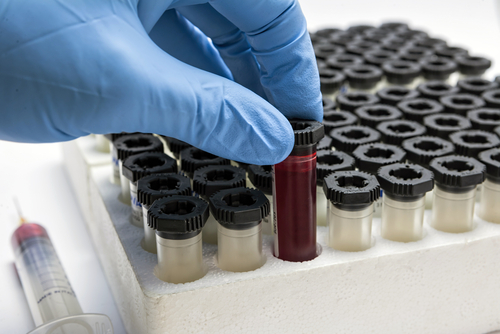 Researchers from McMaster University in Hamilton, Canada, are developing a simple, non-invasive test for colorectal cancer, to ultimately increase the number of people screened for this type of cancer.
Researchers from McMaster University in Hamilton, Canada, are developing a simple, non-invasive test for colorectal cancer, to ultimately increase the number of people screened for this type of cancer.
“I find it very exciting as a clinician. If we can produce a simple, cost-effective test here, the costs for a population are much less all around,” Dr. Bruno Salena, Gastroenterologist at McMaster University, one of the researchers in the study said in a CBC Hamilton interview.
Even though colonoscopy is a very accurate test, it is an invasive, painful, expensive, and restricted exam, since patients under 50 years of age are not recommended to undergo this type of procedure.
However, if colon cancer is detected at an early stage, it could be 90% treatable.
As such, people who carry risk factors for colon cancer, such as relatives with the disease, should be closely followed by their physicians to understand what screening method would be more appropriate for them.
“If we could offer a simpler test, you’d get more people receptive to this type of screening,” Dr. Yingfu Li, Biochemist at McMaster University and another researcher involved in the study, added in the same interview.
In the ongoing study, researchers are gathering a large pool of DNA sequences to scan for specific DNA enzymes that will glow in the feces of people with colorectal cancer.
Dr. Li is currently developing a similar approach in a parallel study on Clostridium difficile, a bacterial infection affecting the digestive system, which has resulted in primary data that can be applied in the development of this new diagnostic tool.
The team received an Innovation Grant from the Canadian Cancer Society in July, and has already studied 30 colorectal cancer patients’ stool samples, predicting that by next summer a panel of molecules that can be tested alongside them will already be available.
“It’s a great example of the importance of supporting innovation in cancer research. In fact, in part because of the strength of the applications, this is the largest number of Innovation Grants we’ve funded since we launched the program,” Dr. Siân Bevan, director of research for the Canadian Cancer Society stated in the interview.
If the team proves successful, this tool could one day be used in doctor’s office as a simple, inexpensive test for cancer. Furthermore, it could also be adapted as a diagnostic tool for other types of cancer, such as using a glowing urine sample to detect prostate cancer.


